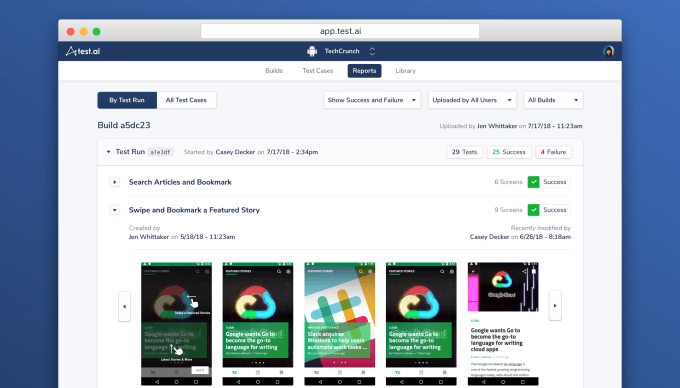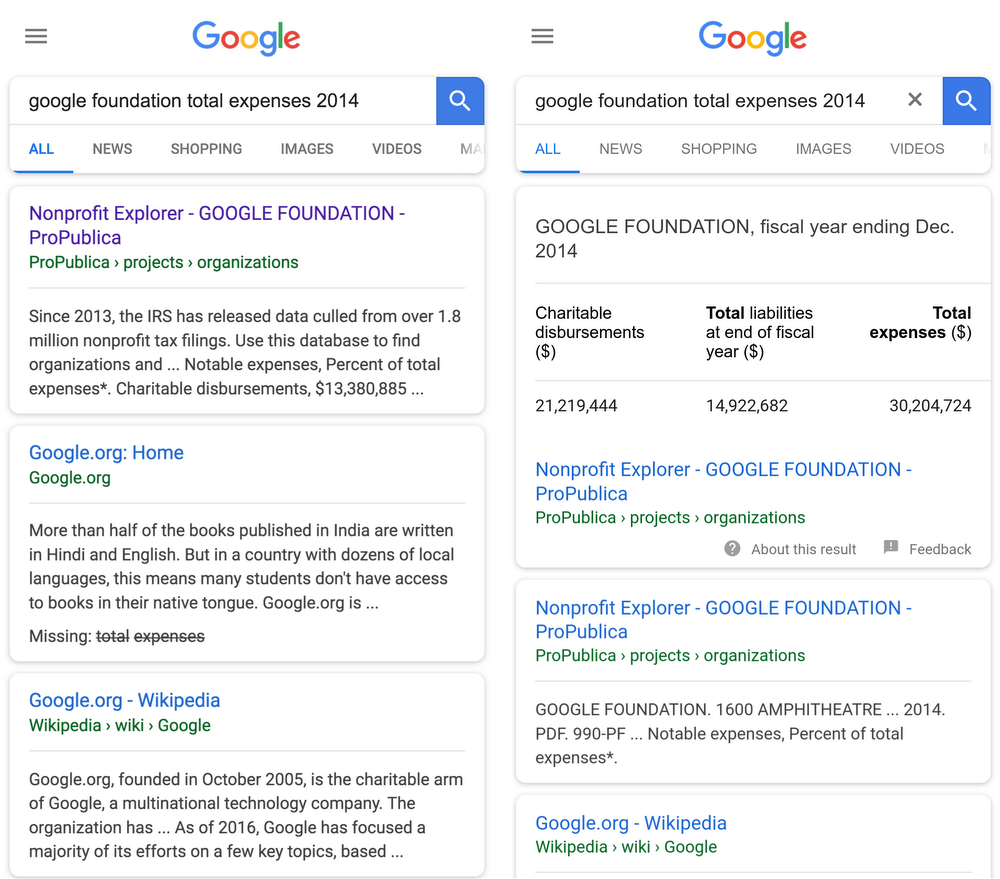It would be hard to argue that digital products have a net-positive impact on our health. Most are designed to provide the same dopamine hit as a slot machine. We all know someone who wasted their youth playing games that were designed to be all-consuming, with the World Health Organization recently going so far as to categorize video game addiction as a mental health disorder.
But this habit-forming power of digital products can be used for therapeutic benefit too, often by changing the behavior that causes disease or ill health. This new range of products is being commonly referred to as digital therapeutics. These apps and services offer evidence-based and personalized behavioral therapy, and cater to a broad cross-section of illnesses and conditions — from diabetes to loneliness, and everything in-between.
Given the difficulty developing traditional therapeutics, the likelihood of the next blockbuster treatment or cure emerging from digital therapeutics is ever-increasing. And thanks to their low cost, adaptability and speed-of-deployment, they could have a transformative impact on millions of lives, and on ailing healthcare systems.
I live and work in the U.K., so I will be using the NHS as a recurring reference point in this article — however, fee-for-service, or value-based healthcare systems equally stand to benefit.
Digital therapeutics work for patients…
A range of startups are leading the charge in digital therapeutics, tackling some of the biggest problems facing patients and our healthcare system today. And the evidence proves that these treatments work.
Type 2 diabetes, the type determined mostly by diet and lifestyle, has been called the “scourge of the 21st century” by the Royal College of Physicians. And rightly so: the NHS spends around £12 billion annually, or 10 percent of its budget, treating the condition. However, in many cases, lifestyle change alone is enough to prevent, or even cure it. OurPath has developed a digital program that does exactly that, with a recent study showing a mean 7.5kg weight loss in participants, which is enough to put type 2 diabetes sufferers into remission.
Another leader is QuitGenius, whose app helps 36 percent of its users to quit smoking completely — versus just 3 percent of smokers who are able to quit on their own. Smoking is a massive burden on our collective health, and global healthcare systems. In the U.K. alone, smoking cigarettes led to an estimated 16 percent of all deaths.
While one in four of us suffer from a mental health condition, we can all benefit from looking after our mental well-being.
For those suffering from a mental health condition, Ieso has been a leader in delivering psychological therapies digitally, and has shown that standard treatments (like cognitive behavioral therapy) are more effective when delivered digitally (e.g. via messaging app) than in person.
However, while one in four of us suffer from a mental health condition, we can all benefit from looking after our mental well-being. Newer entrants like HelloSelf are helping all of us be our best selves, initially by providing digital access to therapists, and by building an AI life coach that helps us deeply understand what makes us happy, and what we can do to improve our mental well-being.
Other players, like Soma Analytics, Unmind and SilverCloud, are helping users look after our mental well-being where most feel most stressed: at work. The data behind these products demonstrates a triple win: a reduction in stress levels for employees, boosted productivity for employers and reduced burden on our public healthcare system.
Digital therapeutics are also a great fit for notoriously complex conditions like IBS, a condition affecting 800 million people, 60 percent of whom go on to develop depression or anxiety, hitherto only treated imperfectly by a range of measures from restricted diet to antidepressants. Companies like Bold Health are using data to personalize treatments and improve outcomes, and pioneering the use of hypnotherapy to treat IBS.
… and our healthcare systems need digital therapeutics to work!
Bringing traditional therapeutics to market is becoming exponentially more expensive. The full explanation of this is Eroom’s law; however, in short: the cost to develop a new drug has doubled every nine years since 1950. And even after a lengthy testing and approval process, drugs may have unintended consequences. Or, quite simply, they might not work at all.
It now takes on average 14 years and $2.5 billion to develop a market-ready drug.
Additionally, healthcare systems are under pressure from aging populations and tightening purse strings. This is, of course, particularly true in the U.K.
Against this backdrop, digital therapeutics are a great solution. They are relatively cheap to develop — all the companies I have mentioned raised less than $5 million to develop their products. This is particularly true in contrast to traditional therapeutics — it now takes on average 14 years and $2.5 billion to develop a market-ready drug.
The digital delivery method means it is much easier to collect data, iterate and refine the treatment and evidence efficacy, allowing treatments to change with the needs of the population. Quantifying the resulting cost savings is tricky, but healthcare consultancy IQVIA recently released a report estimating the NHS would save £170 million if it adopted currently available digital therapeutics in five disease areas (with £131 million saved in diabetes alone).
Digital therapeutics companies have so far found success in selling direct to consumers, even in the U.K., where healthcare is theoretically free at the point of service for all. However, helped by the evidence that they work, the NHS is “learning” how to purchase and prescribe digital therapeutics. The NHS recently launched App Library (still in beta), showcasing trusted digital apps to consumers; and AppScript, a platform for doctors to discover, prescribe and track the best digital health apps, is being rolled out across GP surgeries in the U.K.
And if they were to develop their own digital therapeutic solutions, national health systems like the NHS would be at a tremendous advantage, thanks to the huge amounts of longitudinal health data they own (data relating to how patients, and their health, fare over time).
Consumers are discovering digital therapeutics, and the treatments are already transforming lives. Now that the body of evidence shows they work, it is my hope that healthcare systems, particularly the U.K.’s NHS, begin to reap the benefits offered by this new treatment mode.



